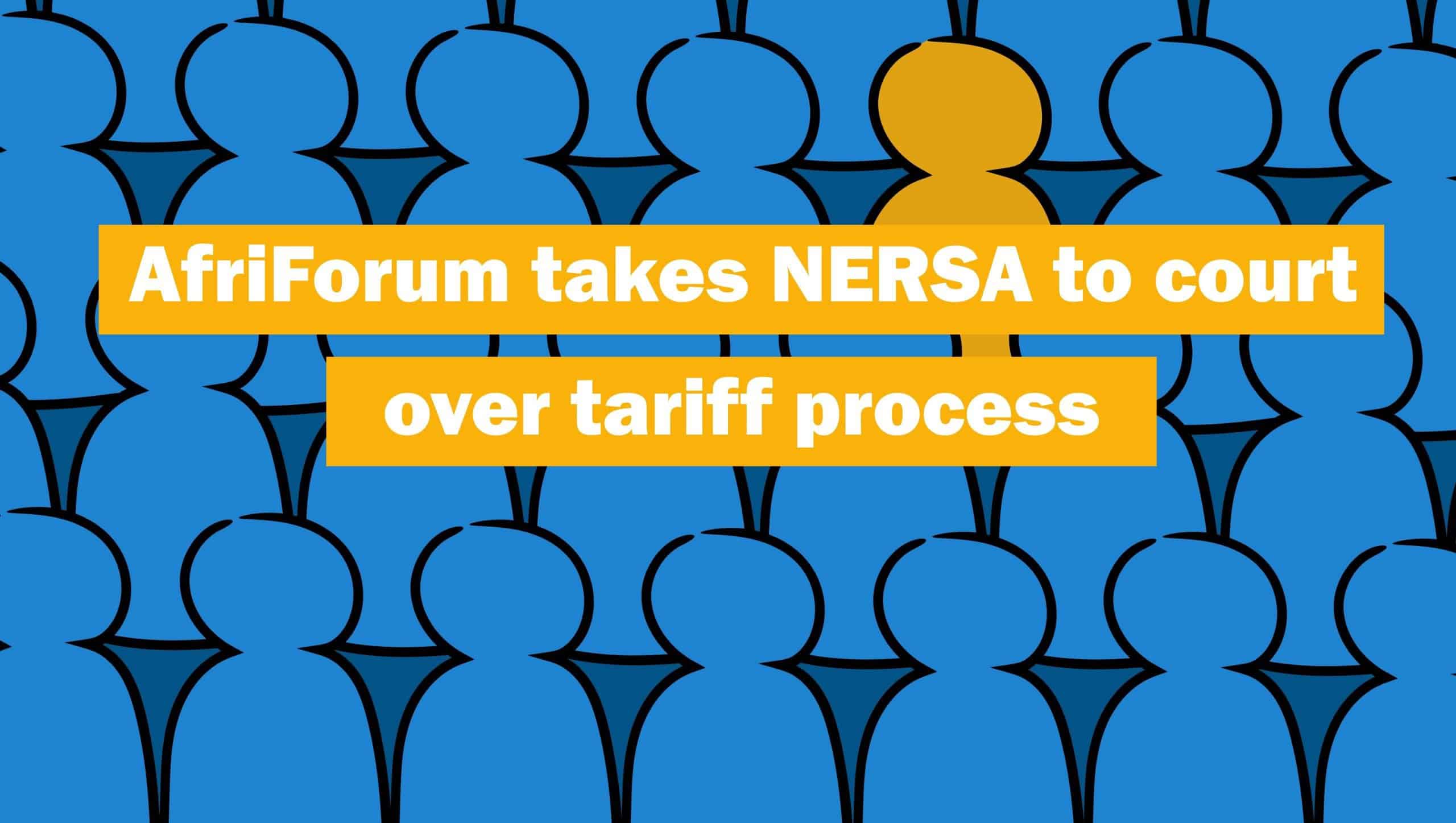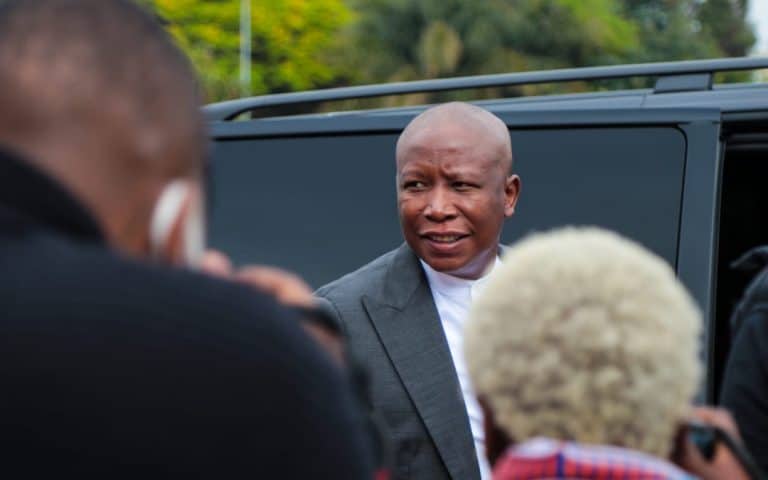Three municipalities join AfriForum-Nersa court case; regulator admits public participation was insufficient
Two metros and one local municipality have now thrown their weight behind the National Energy Regulator of South Africa (Nersa) in AfriForum’s fight against Nersa’s approval for the implementation of municipal electricity tariffs without the use of proper cost studies and public participation processes. The City of Cape Town and Johannesburg metros, as well as the Mogale City Local Municipality, recently filed their opposing papers and will join Nersa in facing AfriForum in the North Gauteng High Court in Pretoria next week.
AfriForum approached the court in August to have the public participation process followed for the introduction of the current financial year’s new municipal electricity tariffs declared invalid but not reviewed. The civil rights organisation is also requesting the court to issue an interdict to ensure specific timelines for future public participation processes.
According to Deidré Steffens, AfriForum’s Advisor for Local Government Affairs, legislation clearly states that municipalities’ applications for increases for electricity tariffs must be accompanied by a complete cost-of-supply (COS) study.
“However, in practice things look entirely different. Year after year, Nersa continues to approve municipalities’ applications for electricity tariff increases with or without COS studies, even though two High Court rulings ruled that applications for increases without the necessary studies may not be considered,” explains Steffens.
If AfriForum’s application is successful, the energy regulator will have to issue invitations to municipalities next month to submit their applications by 10 January 2026, two months earlier than is currently the case. AfriForum also requests that the final decision regarding tariff applications be completed by 10 March 2026. Currently, Nersa only finalises applications annually by the end of June.
Steffens maintains that the current timelines that Nersa uses for the submission, consideration and approval of municipal electricity tariff increases are inefficient and put pressure on municipalities’ budget processes and therefore budgets. “According to the Municipal Finance Management Act, municipalities must have their draft budgets approved by the municipal council in March, and to ensure a transparent draft budget, a municipality must submit approved electricity tariffs and not just estimates. However, this cannot be done at this stage, as Nersa is still busy with the application process at that time. This means that a municipality must submit a draft budget without knowing the extent of its largest source of income – namely, electricity sales. A more streamlined process will therefore benefit both municipalities and residents,” Steffens emphasises.
AfriForum’s application calls for the introduction of new proposed timelines to help ensure a transparent and fair application process but does not ask for the reviewing of the 2025/2026 financial year tariffs. However, Nersa argues in its reply that this year’s process remains valid. The energy regulator does, however, acknowledge that they did have to deviate from the public participation process due to time constraints.
“Nersa hereby declares in an affidavit that their current process does not allow enough time for proper public participation. Yet they remain stubborn and refuse to adjust the timelines,” explains Morné Mostert, Manager for Local Government Affairs at AfriForum.
The Johannesburg Metro and the Mogale City Municipality oppose AfriForum’s application in full, while the City of Cape Town only opposes the civil rights organisation’s application in respect of the adjusted timelines. This Western Cape metro agrees with AfriForum that Nersa’s current processes pose serious problems for the metro’s budget process but in turn proposes an alternative adjusted timeline. The City of Cape Town requests that Nersa communicate its final decision regarding Eskom’s tariffs by January each year, that municipalities’ applications must be submitted by the end of March and that Nersa must announce the decision by 5 May.
Mostert emphasises that this matter is of critical importance to the country’s electricity consumers. “It is essential to ensure that the tariff application process undertaken annually is done in a transparent and fair manner,” he explains. “With this application, AfriForum wants to prevent Nersa from approving tariff increases just days before the start of a new financial year without properly considering the content and justification of the application.”
The case is scheduled to be heard on Tuesday (28 October).











